Should you study a masters degree in data visualization?


Quite often, I get asked about careers in data visualization by people who want to get into the field - either at the start of their career or in the middle of it. One common question that comes up is whether it's worth studying for a masters degree in the subject.
The answer is maybe.
Not because anyone will ever look at the nice certificate you get after finishing your course - in my experience, people hiring data visualization professionals only care about what you've done. That might lead you to think that a masters degree is a waste of time and money. But here's a question: if you don't have a portfolio of work already, then how do you plan to build one?
Some people have the freedom, energy and self-discipline to spend their evenings and weekends on self-guided learning and personal projects. They are lucky people - they'll be able to gradually build up a portfolio over time alongside their main job. They probably wouldn't find it especially useful to study a masters degree.
Others may be working in a job where they have the flexibility to slowly introduce some data visualization projects (and perhaps even study time) among their regular workload. They are also lucky people, who'll be able to gradually build up a portfolio within their main job.
But what if you work in a job that doesn't give you the flexibility to choose your own projects, and you come home in the evenings so exhausted that you couldn't imagine spending hours working through online courses or on your own projects? In that situation, quitting your job and studying a masters degree may be the best way for you to block out the time necessary to build a portfolio that'll land you a job or freelance clients on completion.
There are side benefits of studying, too. One is that you'll gain a useful network of contacts - both among your fellow students and also your teachers. Access to expertise is another one (though be wary of teachers who only teach what they learnt decades ago, rather than the most up-to-date thinking in the field). Thirdly, studying in another country can give you a path to residency, if that's something that matters to you.
Most of those side benefits can be gained with a little concerted effort from home learners too, though - particularly if you actively participate in social media and communities like the Data Visualization Society. I'd strongly recommend putting in the effort to gather a small group of people in the same boat as you, too. But all those things are arguably easier to attain in an educational environment.
On the flip-side, studying can be insanely expensive (depending on where you study). It may be that you simply can't afford to both forego an income and accrue a mountain of student debt at the same. All the information that you need to build a beautiful portfolio is available online for free, but you'll need to put the work into finding it.
There's also the secret third option of a part-time masters degree that you can do alongside your work, if your workplace is open to that. Some employers might even pay for it. If you work somewhere that does things like that, you're very lucky and you should take full advantage of it.
So ultimately, the choice of whether you should do a masters degree comes down to one key question: have you got enough time, energy and freedom to build a portfolio alongside everything else that you're doing?
If the answer is yes, then throw those masters degree applications in the bin and get started with the many self-directed learning resources available online for free. You'll save both time and money, though you'll need to work a little harder in the short-term to establish yourself.
If the answer is no, then a masters degree could give you the opportunity to build a killer portfolio in a productive, focused environment with easy access to smart teachers and supportive peers.
Whichever path you take, make sure you stay laser-focused on the ultimate goal - making cool stuff that'll convince people to hire you in the future.
Thanks to Alli Torban, Jane Zhang, Ben Oldenburg and Katherine Mello for reviewing drafts of this article!

